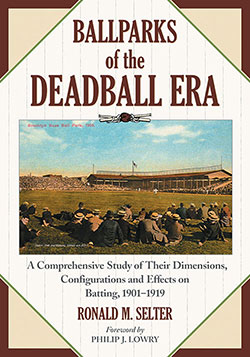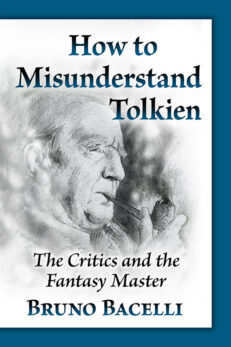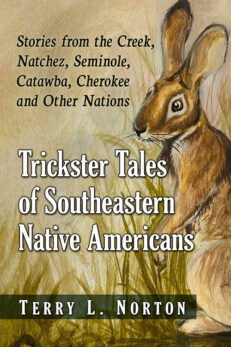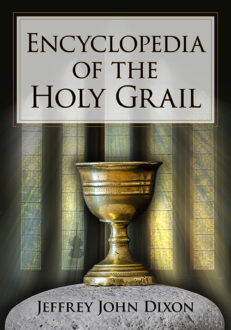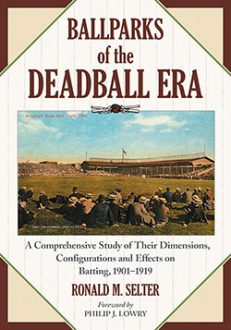Ballparks of the Deadball Era
A Comprehensive Study of Their Dimensions, Configurations and Effects on Batting, 1901–1919
$29.95
In stock
About the Book
While most serious fans know that the Deadball Era was characterized by low scoring, aggressive baserunning, and strong pitching, few understand the extent to which ballparks determined the style of play. As it turns out, the general absence of standardization and the ever-changing dimensions, configurations, and ground rules had a profound effect on the game, as offensive production would rise and fall, sometimes dramatically, from year to year. Especially in the early years of the American League, home teams enjoyed an unprecedented advantage over visiting clubs. The 1901 Orioles are a case in point, as the club batted an astounding .325 at Oriole Park IV—some 60 points above their road average and 54 points better than visitors to the park.
Organized by major league city, this comprehensive study of Deadball parks and park effects provides fact-filled, data-heavy commentary on all 34 ballparks used by the American and National Leagues from 1901 through 1919. Illustrations and historical photos are included, along with a foreword by Philip J. Lowry and a final chapter that offers an assessment of the overall impact of parks on the era.
About the Author(s)
Bibliographic Details
Ronald M. Selter
Format: softcover (7 x 10)
Pages: 198
Bibliographic Info: 27 photos, diagrams, tables, notes, bibliography, index
Copyright Date: 2012 [2008]
pISBN: 978-0-7864-6625-2
eISBN: 978-0-7864-5264-4
Imprint: McFarland
Table of Contents
Foreword by Philip J. Lowry v
Preface 1
Introduction: Baseball in the Deadball Era 5
Abbreviations 11
1. BALTIMORE 13
Oriole Park IV 13
2. BOSTON 17
South End Grounds III 17
Huntington Avenue Baseball Grounds 22
Fenway Park 28
Braves Field 33
3. BROOKLYN 37
Washington Park III 38
Ebbets Field 42
4. CHICAGO 47
West Side Grounds 48
South Side Park III 53
Comiskey Park I 59
Weeghman Park /Cubs Park 63
5. CINCINNATI 71
League Park II 72
Palace of the Fans 74
Redland Field 78
6. CLEVELAND 81
League Park III 82
League Park IV 86
7. DETROIT 90
Bennett Park 90
Burns Park 97
Navin Field 100
8. MILWAUKEE 103
Lloyd Street Grounds 103
9. NEW YORK 107
Polo Grounds IV 108
Hilltop Park 113
Polo Grounds V 121
10. PHILADELPHIA 125
Baker Bowl 126
Columbia Park II 132
Shibe Park 135
11. PITTSBURGH 140
Exposition Park III 141
Forbes Field 145
12. ST. LOUIS 151
Robison Field 152
Sportsman’s Park III 157
Sportsman’s Park IV 161
13. WASHINGTON 167
American League Park I 167
American League Park II 171
Griffith Stadium 174
14. SUMMARY
The Impact of Ballparks on Batting in the Deadball Era 180
Chapter Notes 183
Bibliography 187
Index 189
Book Reviews & Awards
Winner, Larry Ritter Book Award—SABR. Winner, Sporting News–SABR Baseball Research Award
“meticulously researched…will remain the definitive work in this area for a long time to come”—SABR Bibliography Committee Newsletter; “a statistical study unlike any other…recommends”—ARBA.

